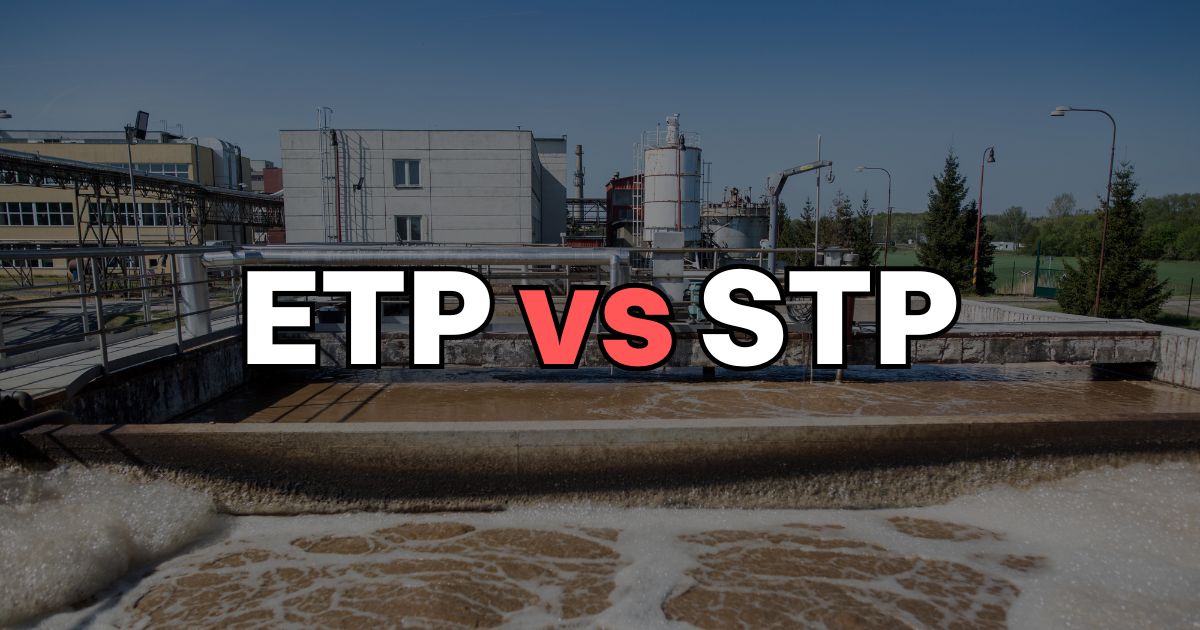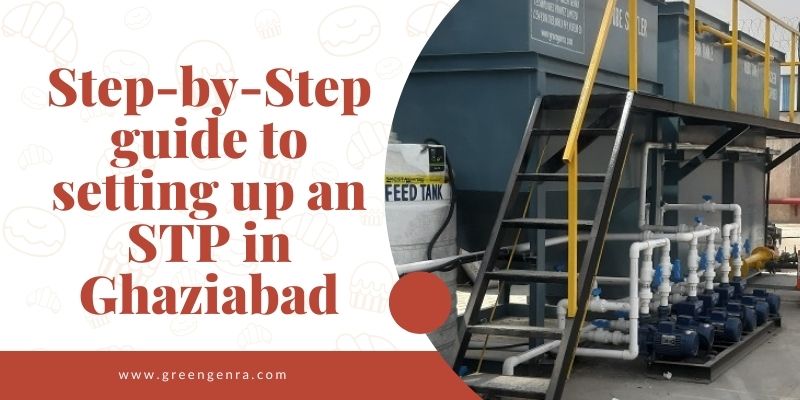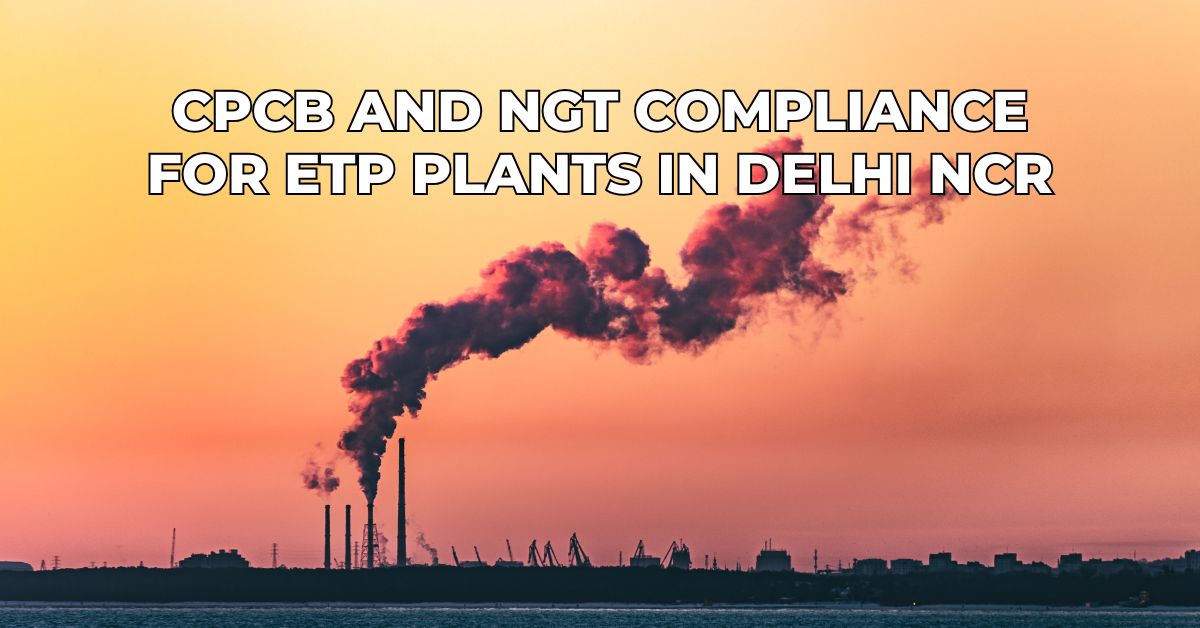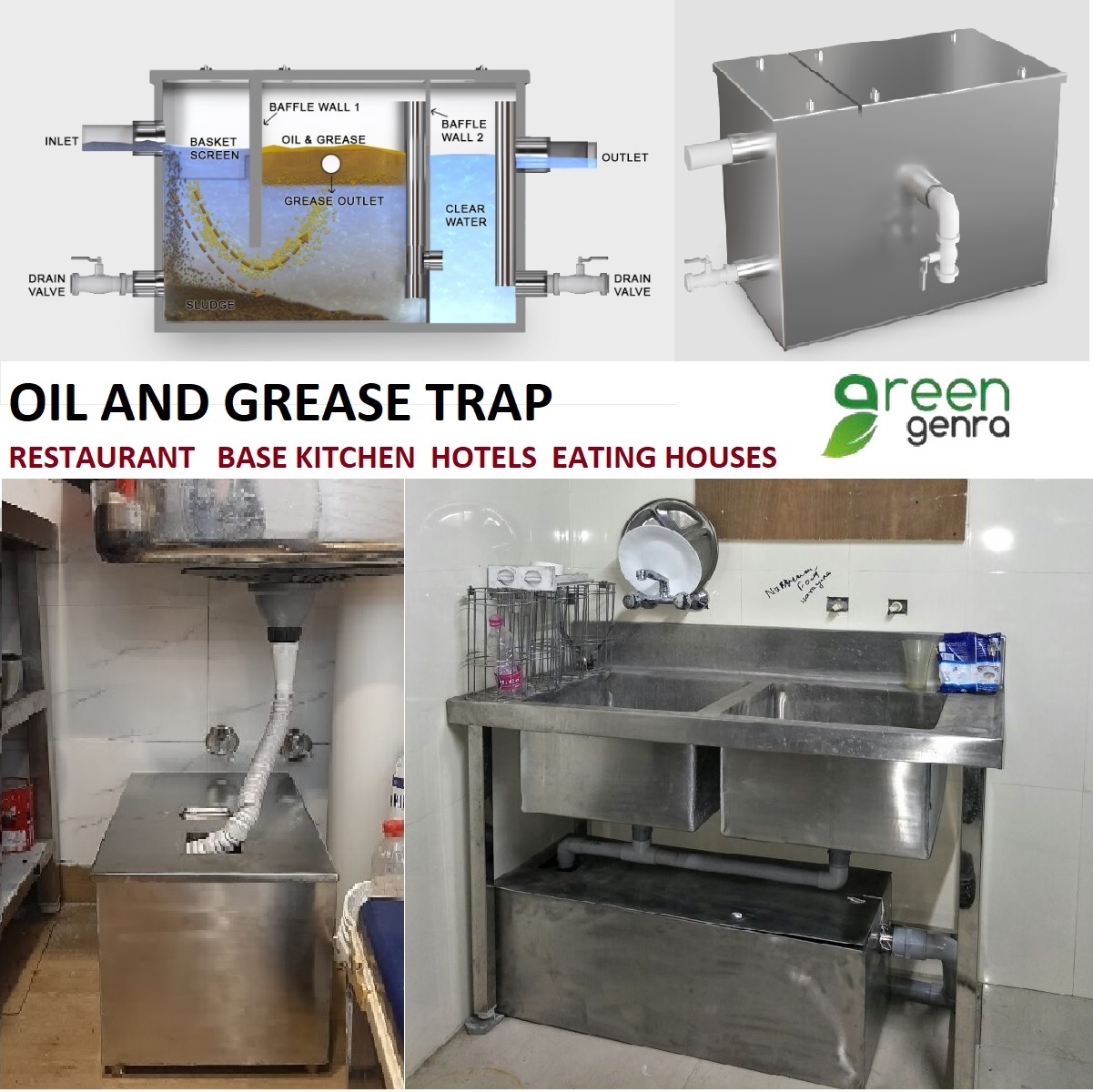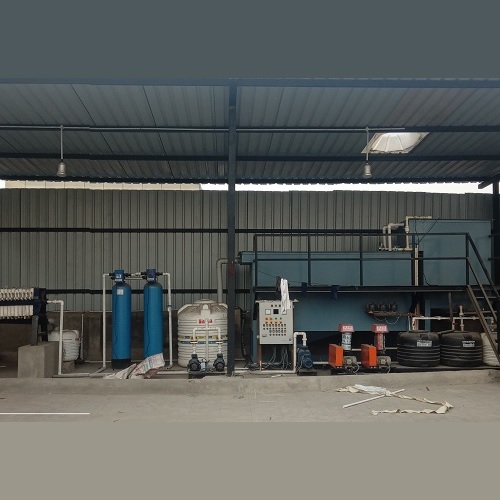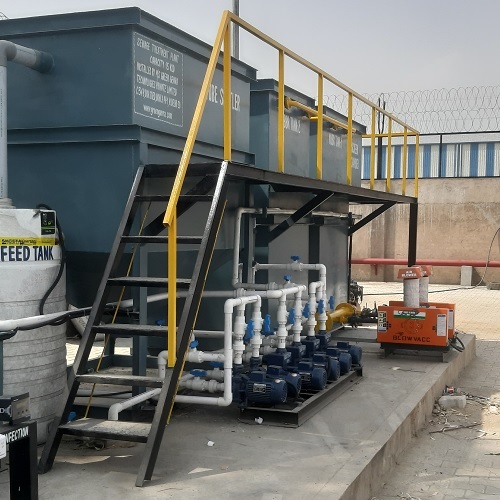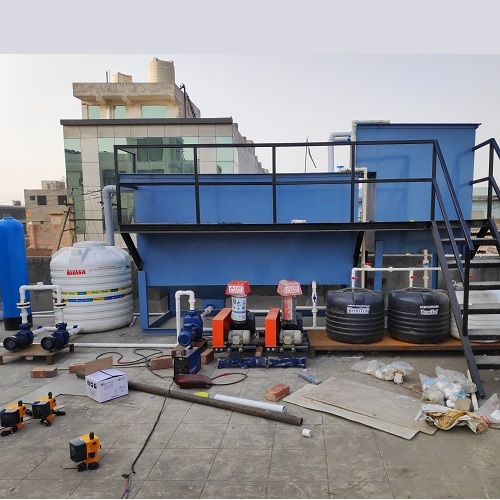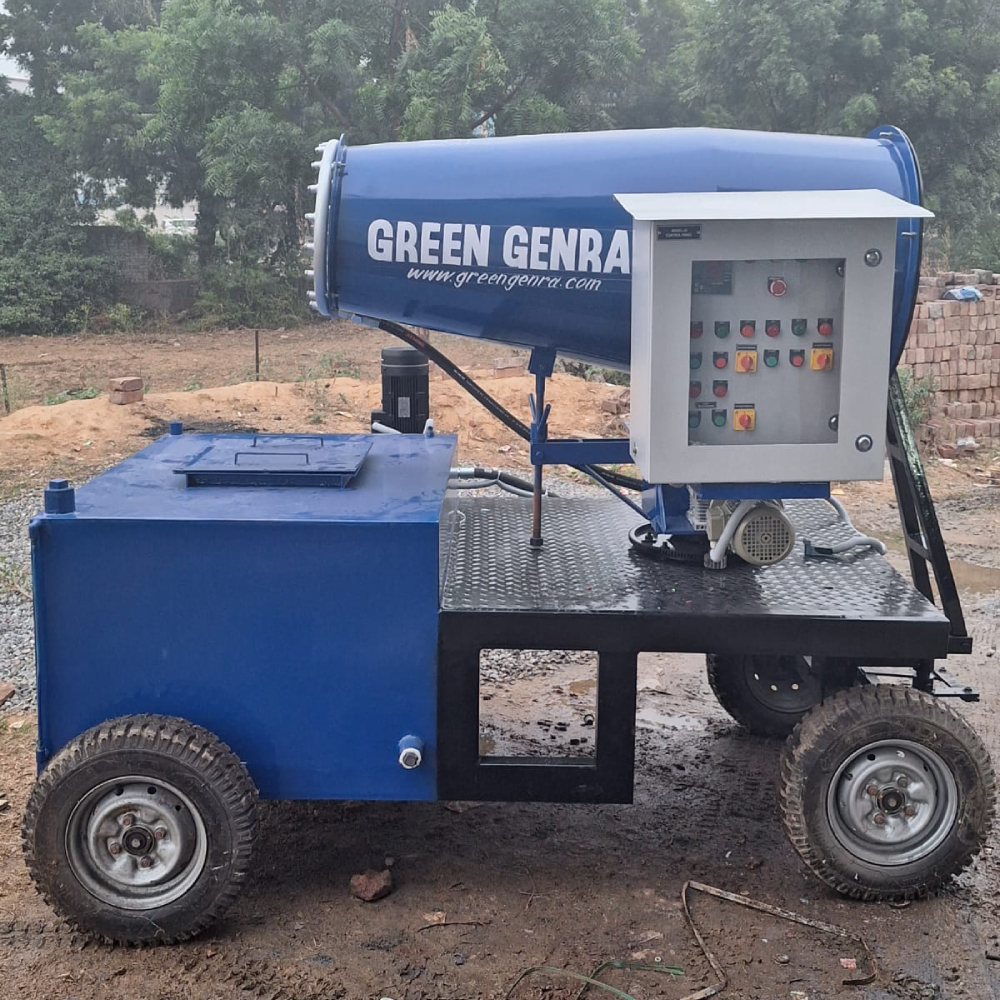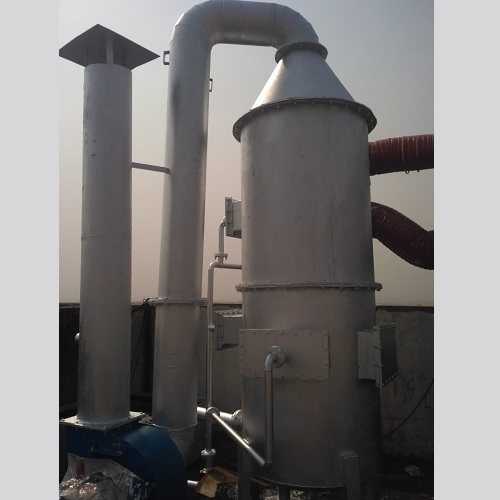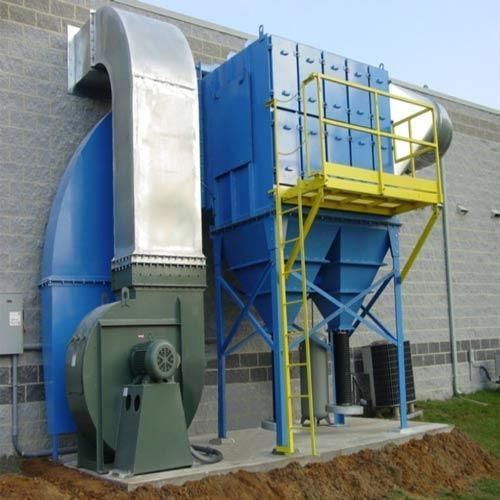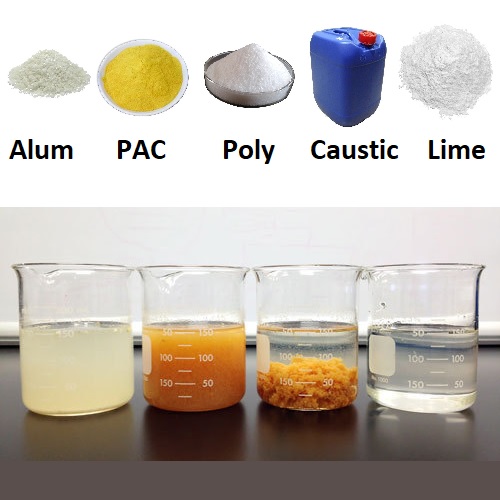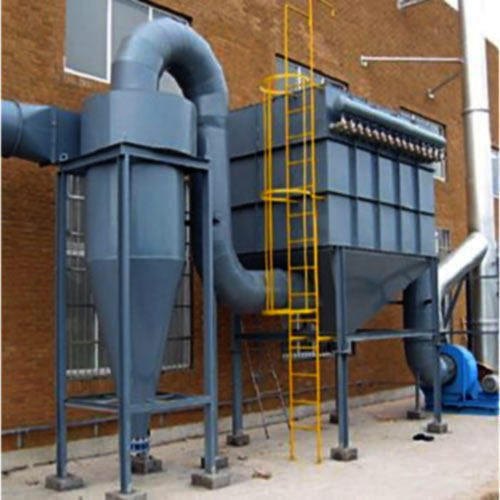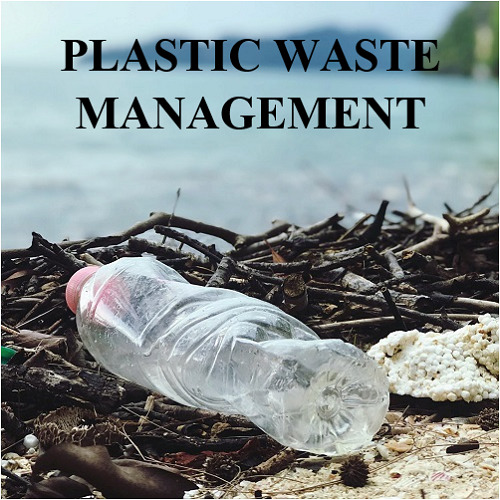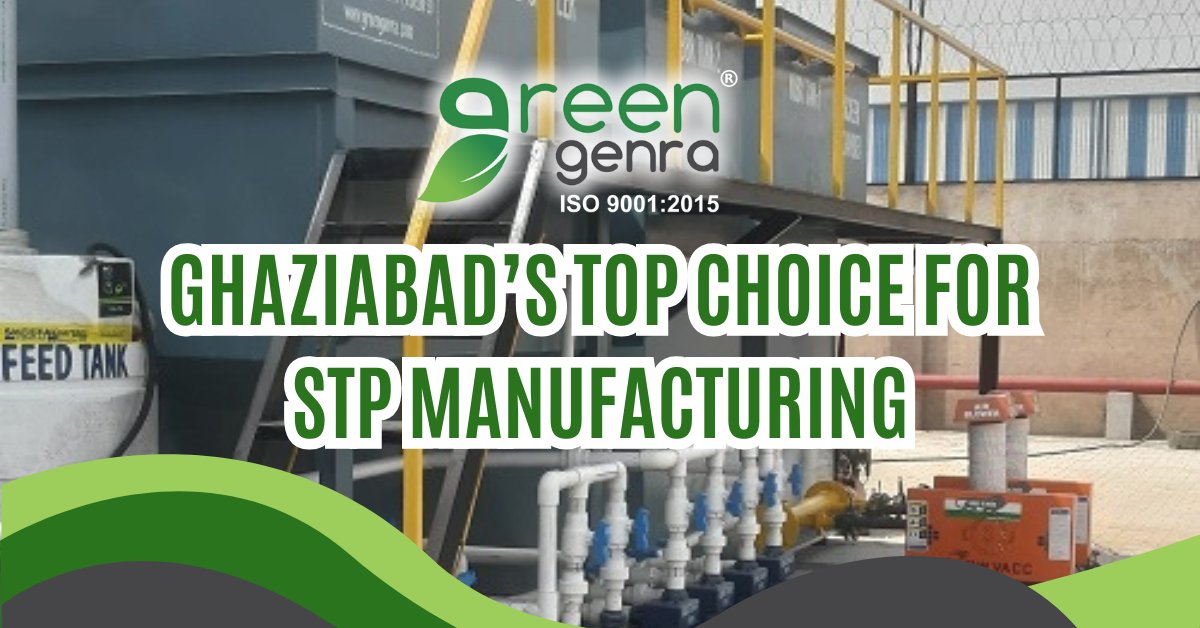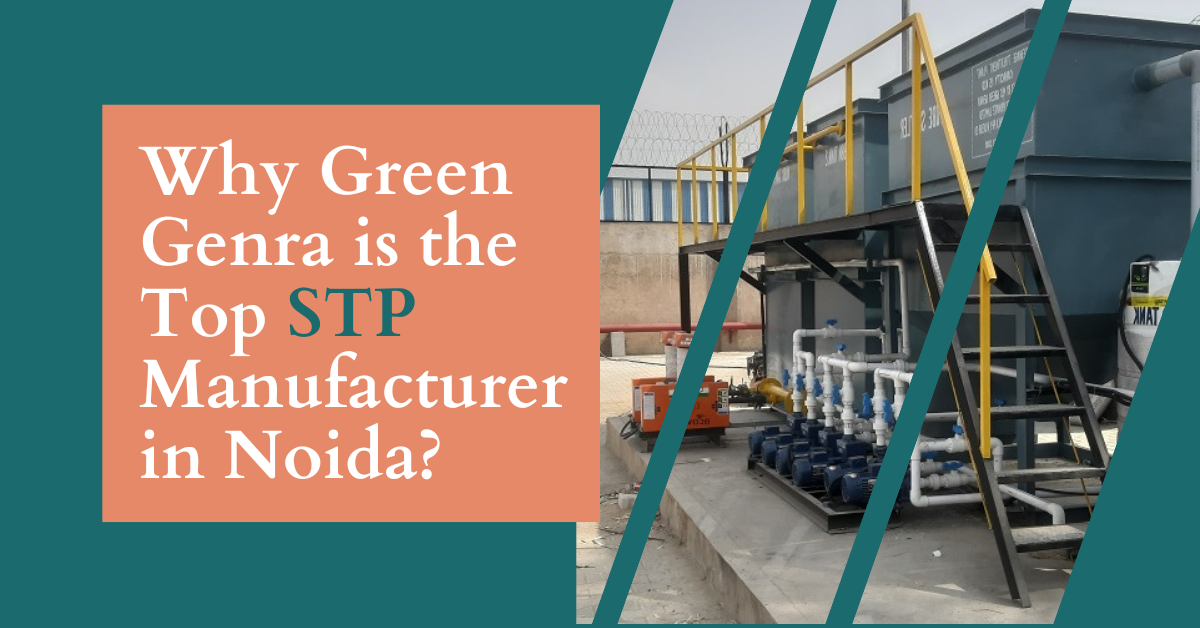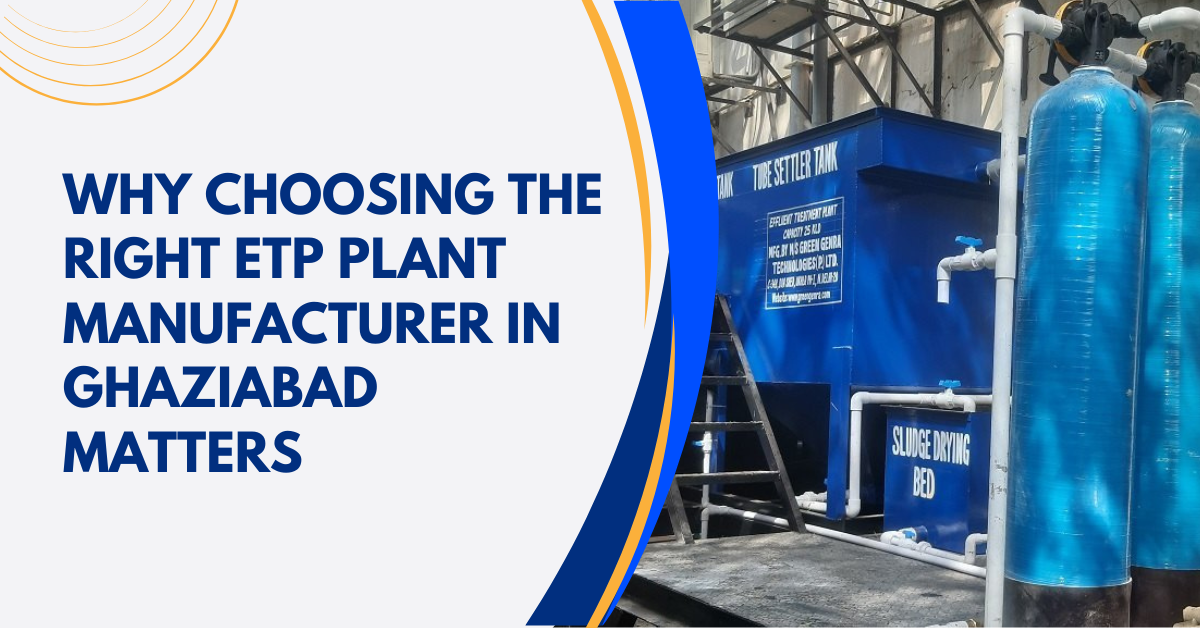Water Expo 2025 in New Delhi 28-30 August 2025 | Pragati Maidan, New Delhi India 20th Everything About Water Expo 2025 ...
Implementing ETP Plant for Restaurant & Hotel
In the hospitality industry, it is important to manage environmental impact not only for compliance with regulations but also for promoting sustainability.
ETP plant for restaurant plays a vital role in this aspect by treating wastewater before it reenters the environment or is reused.
What makes ETP plant essential for hospitality industries like restaurants?
Restaurants and hotels generate significant amounts of wastewater, rich in oils, fats and organic waste that can be harmful to the environment if not treated properly. An effluent treatment plant minimizes pollutants in the wastewater to prevent environmental degradation and legal standards.
Investing in an ETP can lead to substantial cost-savings on water bills and boost a business image as a responsible community member.
What is the working principle of ETP plant?
- Preliminary Treatment: This process removes large solids, sediments through screening and grit chambers.
- Primary Treatment: Sedimentation methods separate smaller particles and floating materials.
- Secondary Treatment: Here biological treatment takes place wherein organic matter is decomposed. ETP plants feature technologies like Membrane Bio Reactor or Sequencing batch reactor to embrace efficient biological treatment.
- Tertiary Treatment: In this process further purification through filtration and disinfection ensures the water is safe for discharge or reuse.
Why it is important to treat effluent of hotel?
There are many hotels and restaurants that contribute substantial amount of wastewater. So, treatment of hotel sewage using ETP is important to minimize the spread of disease causing pathogenic organisms in the effluent.
This will prevent the pollution of surface and groundwater. Treatment of waste water is carried out by the aforesaid treatment stages to remove the suspended solids, organic matter and some nutrients from effluent.
Benefits of ETP plant for restaurants
It is important to install ETP plant for restaurant that seeks to boost their sustainability and operational efficiency.
- Regulatory compliance: The significant benefit of ETP plant for hospitality industry is to compliance with the local and international wastewater discharge regulations. By treating wastewater before it is released into the environment, the hotels and restaurants can do away with the huge fines and legal issues. Also, ETPs minimize the environmental impact of wastewater preserving local water bodies and ecosystems.
- Water recycling and reuse: The ETP in restaurant not only cleans wastewater but also makes it reusable. The treated water can be used for non-potable purposes like gardening, toilet flushing and even in cooling towers. This minimizes overall water consumption of restaurant that is especially beneficial in regions facing water scarcity.
- Saves costs: The initial setup of ETP showcases significant investment, it embraces long-term savings. By water recycling, restaurants can minimize their water bills. Also, efficient waste management via ETP can lead to lower costs related to waste disposal and treatment.
- Increased reputation and customer loyalty: Customers have become environment conscious and prefer to patronize with businesses that demonstrate sustainable approach. Restaurant that uses ETP sends a strong message about its eco-friendly initiative and this boosts its reputation, attracts more customers and boosts loyalty among eco-conscious people.
- Improved operational efficiency: ETP streamlines waste management processes in restaurants by effective handling volumes of wastes effectively. This leads to smoother operations, less downtime, and minimized risks of operational disruptions caused by waste related issues.
Installing ETP plant in restaurant is not just to adhere with the environmental norms but it is a strategic move in restaurants sustainable approach.
FAQs
1. Why ETP plant is important in hospitality industry?
ETP plant is important in hospitality industry because it ensures environmental compliance enhances sustainability and improves water management and recycling efforts.
2. How many stages are there in ETP plant treatment?
There are three stages in the ETP plant treatment that include primary, secondary and tertiary stage.
3. What is the approximate cost of ETP plant for restaurants in India?
The approximate cost of ETP plant for restaurant in India can range from INR 1.5 lakhs to over INR 10 lakhs based on the capacity and technology used.

































Are you planning to install ETP (Effluent Treatment Plant) or STP (Sewage Treatment Plant) in India? If so, understand the di...
Ghaziabad has witnessed an increase in several industries in the past few years. The continuously rising population and a gro...
Effluent Treatment Plant (ETP) from reliable ETP Plant Manufacturers play a key role in reducing industrial pollution by trea...
With the increasing levels of water contamination in Ghaziabad because of growing industries and a growing population, wastew...
Green Genre is one of the best STP manufacturers in Noida that designs, produces and installs sewage treatment plants in vari...
Effluent Treatment Plants or ETPs are important for industries in Ghaziabad to ensure environmental compliance ensuring effec...

